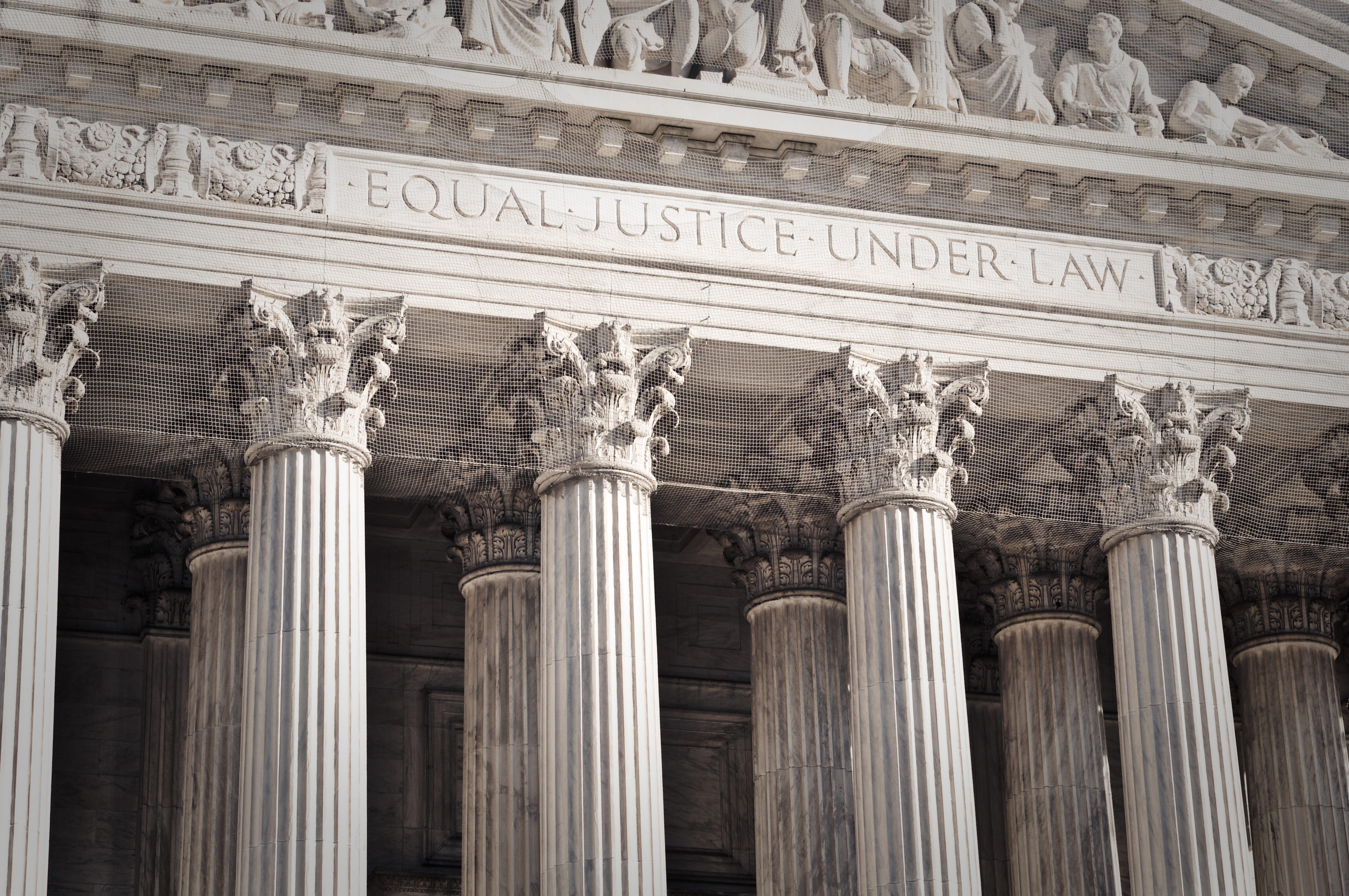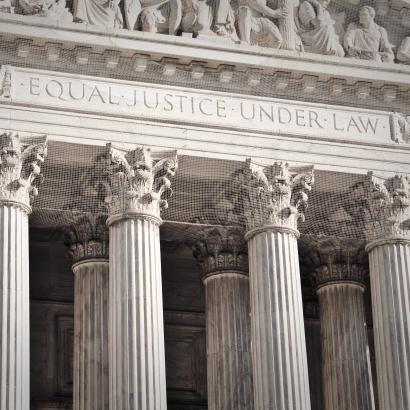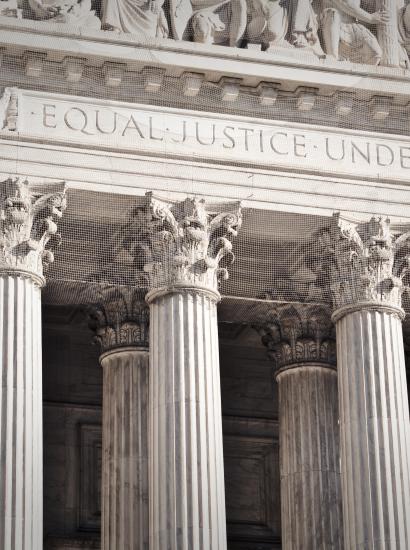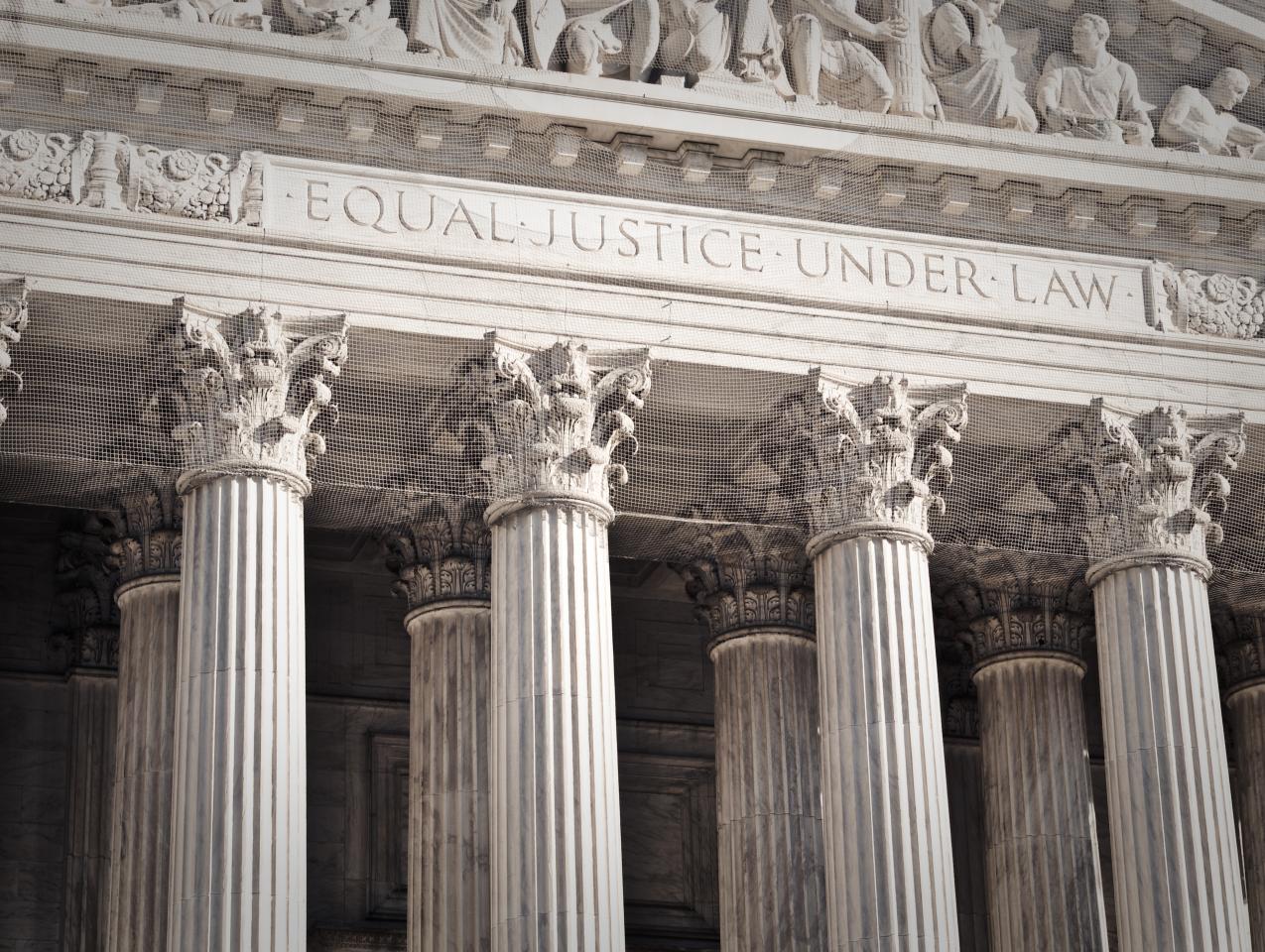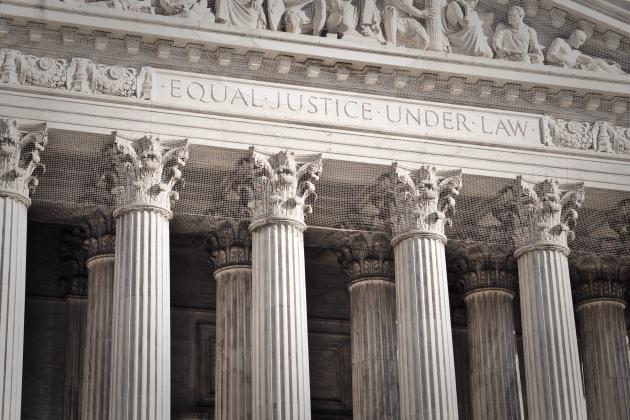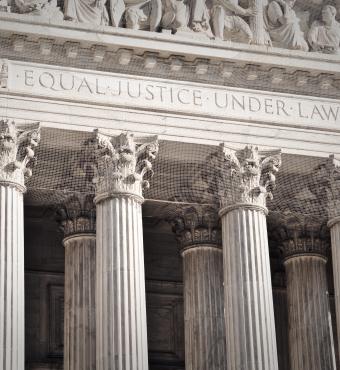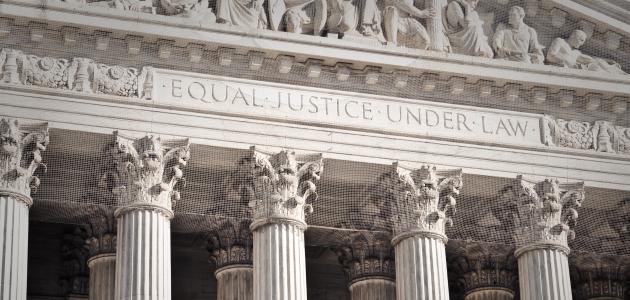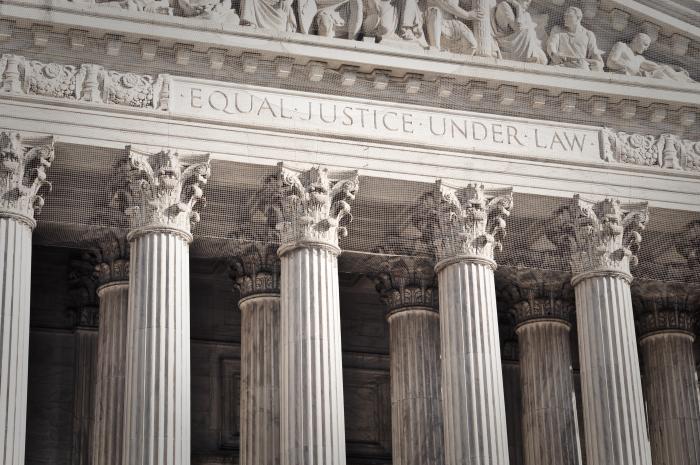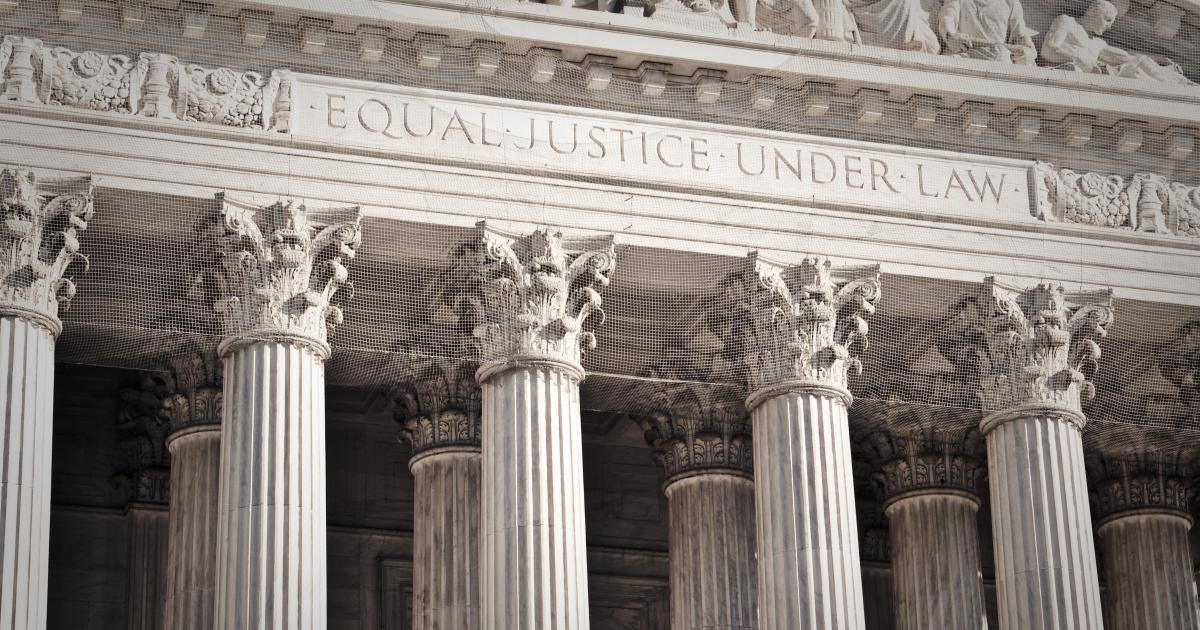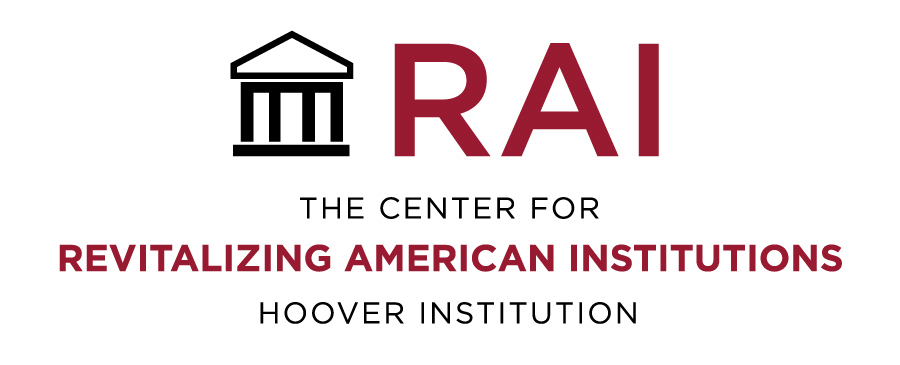On January 14, 2023, the Hoover Institution hosted a one-day conference, The Legitimacy of Administrative Law. This conference was part of the initiative on Revitalizing American Institutions. It explored the proper role of administrative agencies in the American constitutional order in light of recent Supreme Court decisions that have questioned and sought to rethink basic elements of administrative law, including the nondelegation doctrine, Chevron deference, administrative adjudication, standing, removal, and more. This series of essays follows on the major themes of the conference providing additional insight on the legitimacy of administrative law.
Legitimacy of Administrative Law Essays
Power Corrupts by Emily S. Bremer
Administrative law today neglects administration, focusing instead on power and the institutions that wield it, particularly the Supreme Court, the president, and Congress. Tracing the field’s reorientation—from the New Deal–era cases that revealed the thin political will behind the Administrative Procedure Act to the emergence of the Chevron doctrine—this paper argues that administrative law’s obsession with power corrupts the field.
Administrative Harms by Philip Hamburger
Administrative power imposes serious wounds on the United States, its Constitution, and its citizens. Therefore, a persuasive defense of administrative power would need to respond to these harms, showing that it is constitutional and otherwise desirable, notwithstanding its many costs. If the administrative state is defensible, it will be necessary to wrestle with all of the damage it incurs.
The Major Questions Doctrine: Right Diagnosis, Wrong Remedy by Thomas W. Merrill
The Supreme Court’s “major questions” doctrine has been attacked as an attempt to revive the nondelegation doctrine. The better view is that this statutory interpretation responds to perceived failings of the Chevron doctrine, which has governed court-agency relations since 1984. This article criticizes the major question doctrine and proposes modifications to the Chevron doctrine that would partially correct its failings while preserving the traditional interpretive role of courts.
The Administrative State, Inside Out by Cass R. Sunstein
In the United States, are administrative agencies illegitimate? Many people think regulatory agencies overstep their authority—and in some ways, they might be right. But an understanding of the actual operation of the administrative state, seen from the inside, makes it exceedingly difficult to object to “an unelected fourth branch of government.” Such an understanding casts a new light on some large and abstract objections from the standpoint of democracy, liberty, and welfare.






